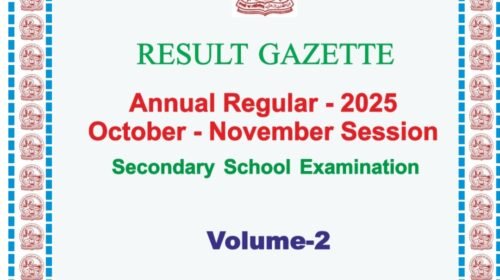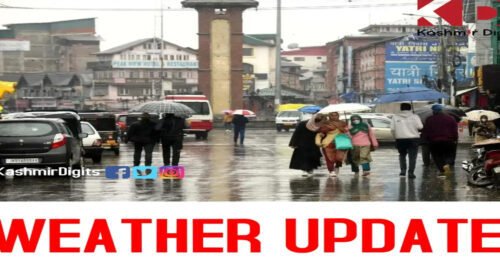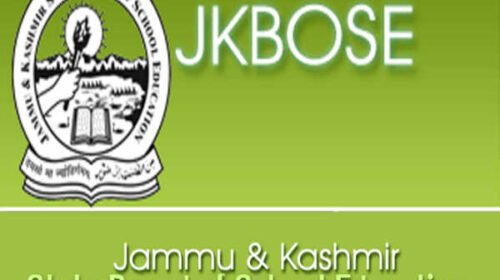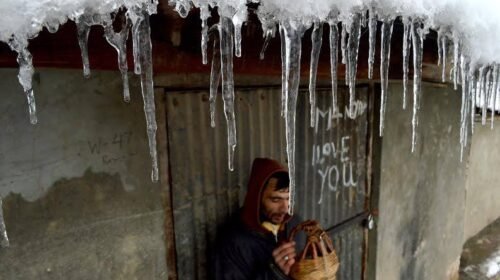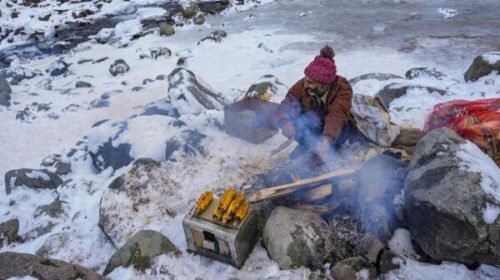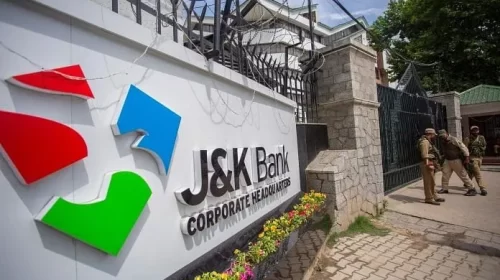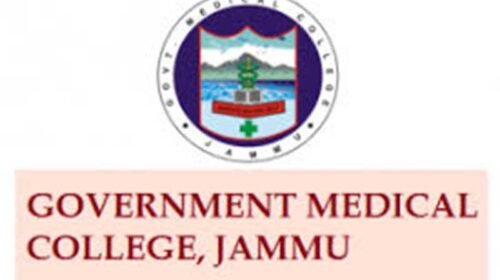The Allahabad High Court today rejected the petition seeking into opening of the doors of 22 rooms of Taj Mahal to see “the truth, whatever it is.”
“The issues lie outside court and should be done by various methodology and should be left with the historians,” the court said.
The plea was filed by Rajneesh Singh, a BJP youth media in-charge, before the Lucknow Bench of Allahabad High Court that sought the directions to the Archaeological Survey of India to probe the 22 closed doors in the Taj Mahal to ascertain the presence of the idols of Hindu deities.
The petitioner had said that false history about the Taj Mahal was being taught, and hence the doors should be opened to ascertain the truth.
| Install Our App | DOWNLOAD |
| Join Telegram Channel | JOIN NOW |
| Join Facebook Group | JOIN NOW |
| Subscribe YouTube Channel | SUBSCRIBE |
| Follow On Twitter | FOLLOW |
| Follow On Instagram | FOLLOW |
The court said that such debates are meant for the drawing room and not the court of law.
The Mughal-era monument is protected by the Archaeological Survey of India.
WHAT PETITION SAID
The petition seeking to “find the truth” behind the 22 locked rooms in the Taj Mahal was filed last week before the Lucknow bench of the Allahabad High Court by Rajneesh Singh, who is the media in-charge of the BJP’s Ayodhya unit.
The petition cited the claims of some historians and Hindu groups that the mausoleum is actually an old Shiva temple. The petitioner sought the formation of special committee by the Archaeological Survey of India to examine the locked rooms and release the report.
WHAT COURT SAID
- “The plea to constitute a fact-finding committee to find out the ‘real truth’ behind the Taj Mahal is a non-justiciable issue. The prayers cannot be adjudicated upon by this court.”
- “For the prayer regarding opening up of the rooms, the historical research ought to involve a proper methodology. This should be left to the historians.”
- “Asking for a fact-finding committee to look into this issue does not fall under the purview of your [petitioner] rights. It does not fall under the ambit of Right to Information.”



